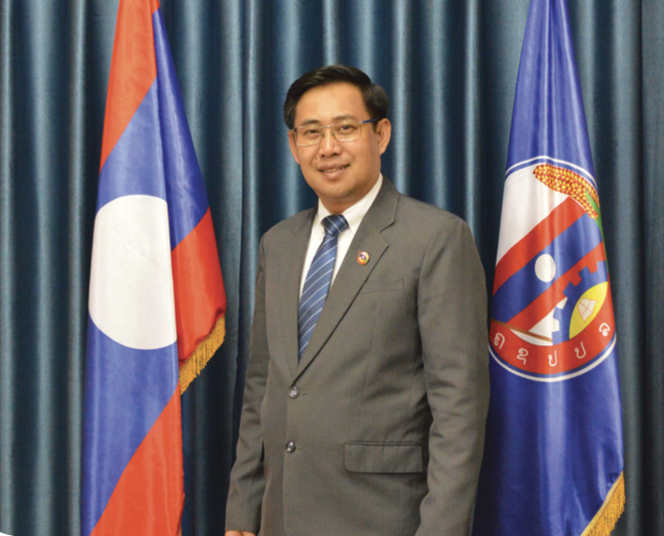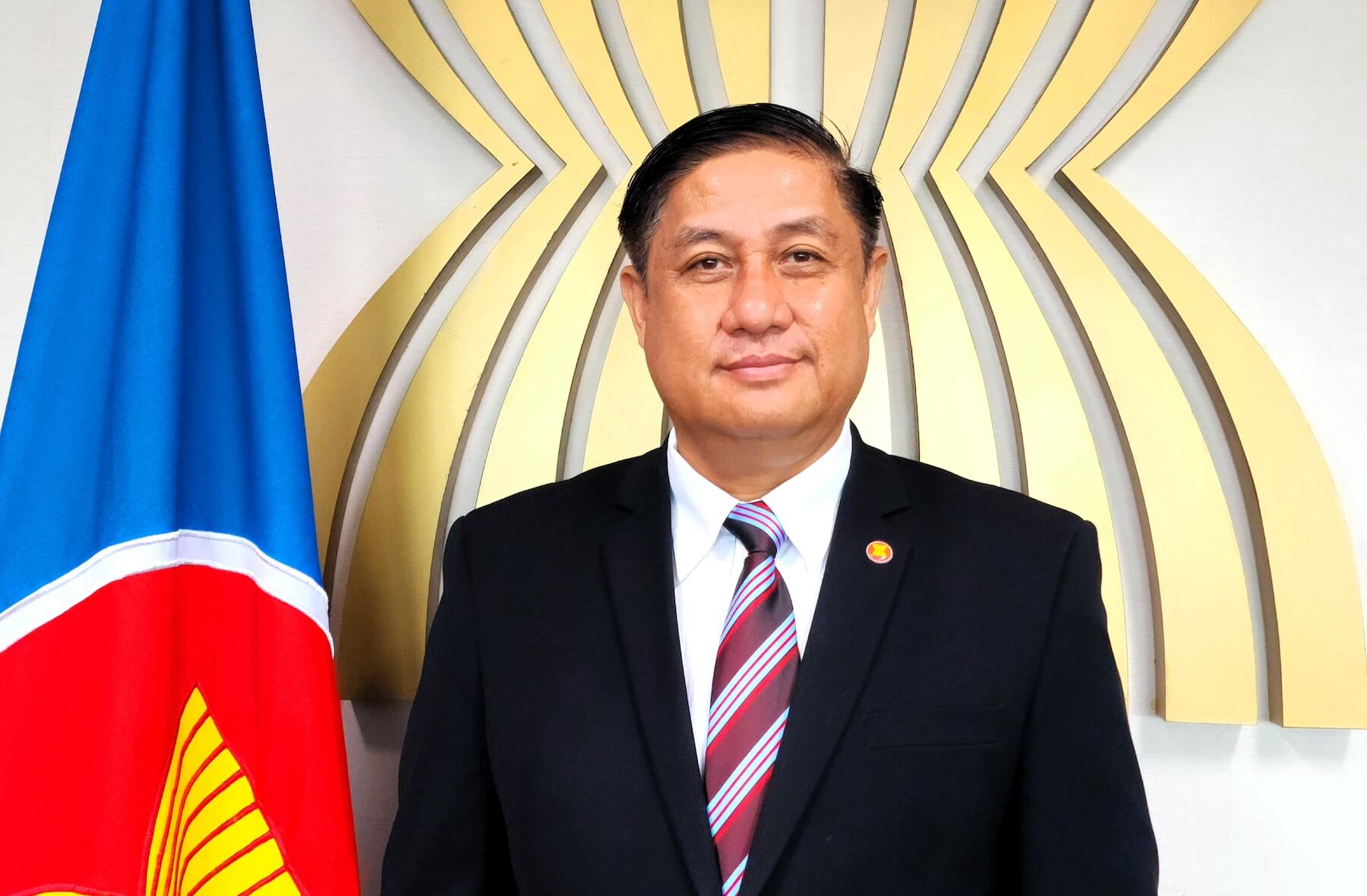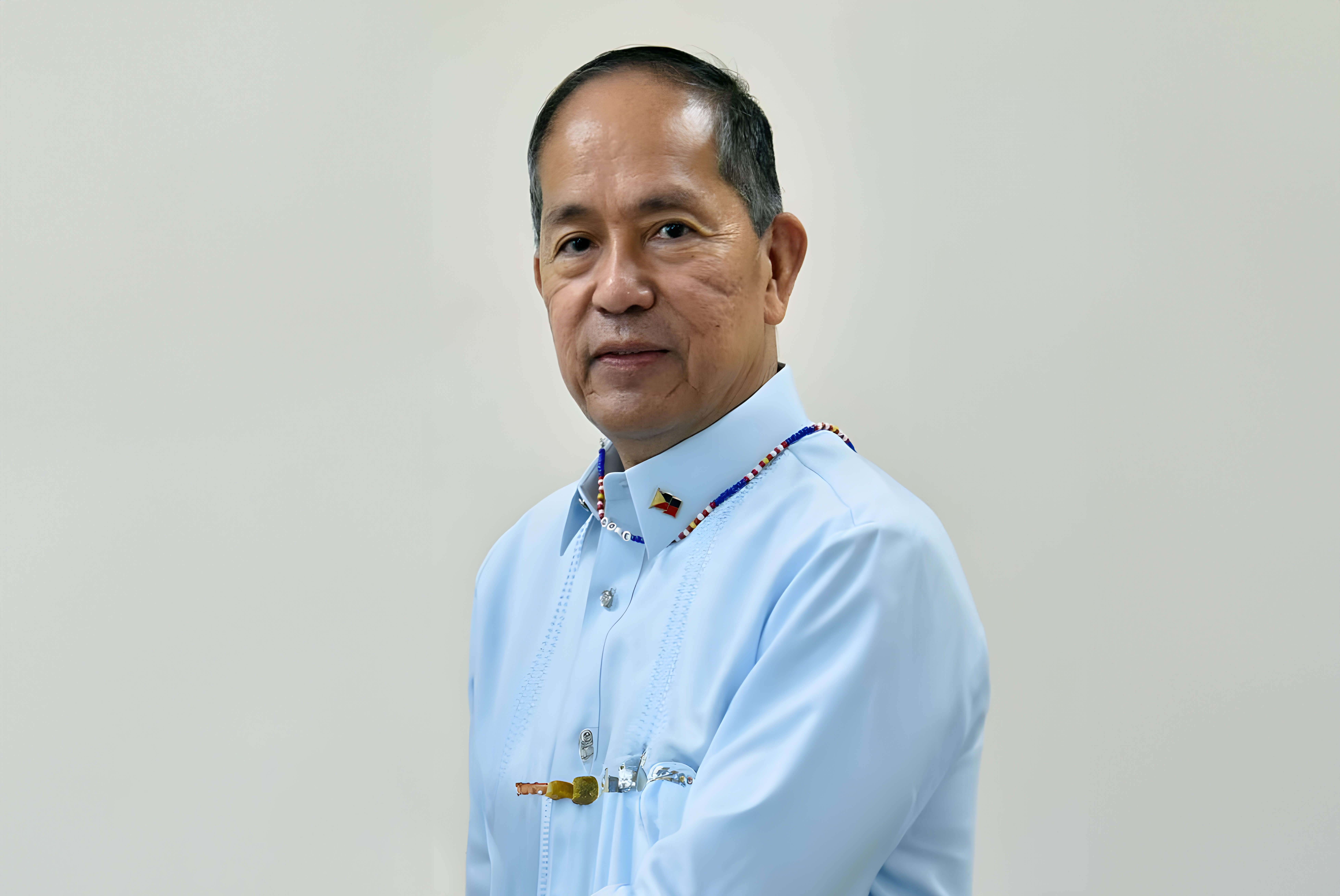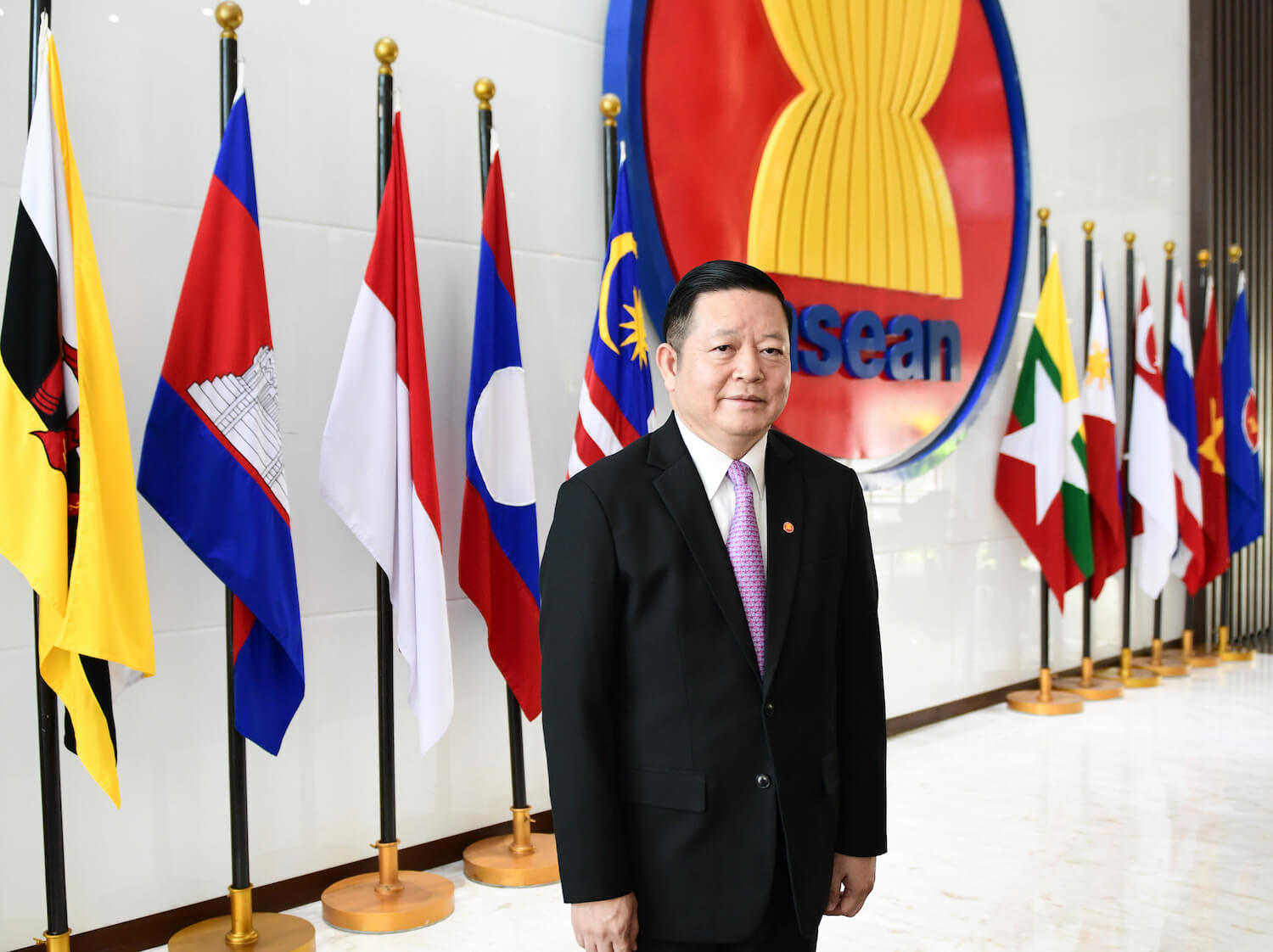


With the ASEAN Work Plan on Youth 2016 to 2020 about to wind down, what would you say are the major accomplishments of the ASEAN Ministerial Meeting on Youth (AMMY) in the past four years?
Despite being affected by the COVID-19 pandemic in this final year of implementation, ASEAN’s youth sector has successfully addressed more than 80 per cent of the programmes under the ASEAN Work Plan on Youth 2016-2020 through ASEAN-driven activities led by ASEAN Member States, Dialogue Partners and Partner Organisations.
The commitment of ASEAN Member States to support youth across the region was also shown through some notable achievements of the ASEAN youth sector, namely:
- The launch of First ASEAN Youth Development Index and the ASEAN Declaration on the Adoption of ASEAN Youth Development Index adopted by ASEAN Leaders, both in 2017;
- The adoption of the ASEAN Declaration on the Adoption of ASEAN Youth in Climate Action and Disaster Resilience Day in 2018;
- The commitment for the annual contribution to the ASEAN Youth Programme Fund (AYPF) in 2019;
- The regular convening of the ASEAN Youth Day Meeting and ASEAN Youth Expo;
- The Interactive Webinar Series on ASEAN Youth and COVID-19. These webinars are the ASEAN youth sector’s contribution to the ASEAN Socio-Cultural Community’s COVID-19 Webinar Series initiative. The webinars are organised by the ASEAN Secretariat in collaboration with the ASEAN Foundation, the International Federation of Red Cross and Red Crescent Societies, and the ASEAN Centre for Biodiversity. These youth and COVID-19 webinars are made possible through the endorsement and support of the ASEAN Senior Officials Meeting on Youth.
In the forthcoming plan of action on youth, what will be the goals and priorities of AMMY under your leadership?
The ASEAN Ministerial Meeting on Youth has agreed to structure the Post-2020 ASEAN Work Plan on Youth based on the five domains of the ASEAN Youth Development Index, namely: Education; Health and Well-Being; Participation and Engagement; Employment and Opportunity; and ASEAN Awareness, Values and Identity. We also identified the Post-2020 strategies on the ASEAN Youth Development Initiative, which will focus on fostering future-ready ASEAN youth through digital skills development and the institutionalisation of youth engagement mechanisms, including in the region’s policy discourse.
Therefore, ASEAN youth should be able to adapt to ways of learning under these new circumstances. The challenges brought about by the Fourth Industrial Revolution may be addressed by technological innovation through revolutionising methodologies in human capital development.
How has the youth sector been impacted by the COVID-19 pandemic? What initiatives has AMMY pursued to respond to this crisis? What policies and programmes are needed to prepare the youth for a post COVID-19 future? How can the youth sector be more engaged in the process of shaping these initiatives?
The main impact has been on the education sector and there could be greater challenges ahead. We have seen innovative approaches in support of education and training continuity. Distance learning solutions have been developed.
We, as AMMY, the governments and partners are supporting continued education provision. Thanks to responses by various stakeholders, we are constantly reminded of the essential role of teachers and educators, and the duty of governments and key partners to care for the needs of those in the education sector.
Therefore, we should focus on addressing learning losses and preventing school dropouts. This is true for children and youth affected by lack of resources, or an enabling environment, to access learning. Particularly for vulnerable groups, we should offer employability programmes, support the teaching profession with improved training in new methods, and strengthen the flexibility across all levels and types of education and training. As we shape the future of learning and adapt to new modes of delivering quality education, it is imperative that no one is left behind.
In July, Lao PDR participated in the Virtual Expert Meeting on the ASEAN Work Plan on Youth 2021-2025, during which there was
a presentation from the World Economic Forum’s (WEF) on the key findings of the WEF ASEAN Youth Survey 2020:COVID-19– The True Test of ASEAN Youth’s Resilience and Adaptability. Based on the survey, ASEAN youth have been adapting to challenges caused by COVID-19 by significantly increasing digital adoption, learning new skills, thinking creatively and developing new business models. Findings from the survey recommend the strengthening of public-private-partnership in improving digital access, investing in promoting digital skill capabilities, and providing more funding to support youths in the gig economy and entrepreneurs. The issues faced by our youth in terms of access to education, as well as livelihood are relevant to the priorities of the ASEAN youth sector in the next five years. There must be ASEAN awareness among the youth and we must encourage the development of knowledge and skills for the new normal, through ASEAN news/information on healthy lifestyles from the World Health Organization, and e-conversations among youth leaders in the context of fighting the COVID-19 pandemic through digital platforms such as the webinars and video conferences. Through these activities, we get the youth leaders and youth experts of ASEAN and our partners to discuss and exchange experience gained from the pandemic, such as their contribution, ideas, perspectives on how they cope, and how they react to this pandemic.
The Chair of the Senior Official Meeting on Youth (SOMY) was a commentator in an enlightening discussion, with youth speakers from different fields, on #ASEANYouth at the Forefront of COVID-19 Response. The webinar series was organised by the ASEAN Secretariat in collaboration with the ASEAN Foundation, the International Federation of the Red Cross, and the ASEAN Centre for Biodiversity. This will be followed by another session where youth and mentors can exchange views and knowledge on how to be more adaptive and resilient amidst the pandemic.
On 12 August, we celebrated International Youth Day and SOMY showed its appreciation to youths across ASEAN, for their valuable contributions in the region’s COVID-19 pandemic response despite the challenges they face. It was inspiring to learn about many young people who are on the frontlines of the response, as medical workers, social welfare project implementors, volunteers and innovators.
I am of the view that education, livelihood and physical and mental health are key areas requiring attention from youth development stakeholders, as we respond to the crisis. It is crucial to include the promotion of social support and dissemination of important information to help our youth avoid stress and anxiety during these challenging times. The content of our messaging may include how to cope with risks and vulnerabilities like stress, anxiety, smoking, alcohol and drugs. Information through all forms of media should be available for our ASEAN youth so that they are able to manage adversities, prevent and control the spread of the coronavirus, and avoid harmful behavior as we help them navigate through these trying times.








